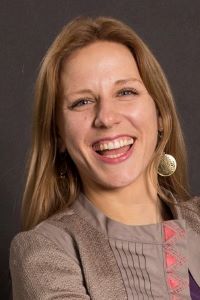Freshwater Collaborative of Wisconsin Executive Director Marissa Jablonski will be featured as part of an annual roundtable presented by Mazarine. The event, conducted in two sessions, will be focused on research and technology development being undertaken at universities around the Great Lakes region.
Universities and federal institutions in the region are conducting a wide variety of research and technology development projects that tackle water/wastewater challenges in agriculture, conservation, buildings, industry, and utilities.
Each day’s 90-minute program will offer eight invited universities, including UW-Milwaukee and the FCW, 15-minutes each to introduce their water/wastewater-related research and technology development activities. The last 30-minutes each day will be reserved for discussion and audience questions around where and how university innovation can more expeditiously move from university lab to market trials.
Highlighted research and technology development will span biomimicry, chemistry, computer engineering, data science, materials science, microbiology, and advances in process engineering. This program’s attendees will include a mix of academia, corporates, investors, government, non- profit, engineering firms, and industry consultants.

